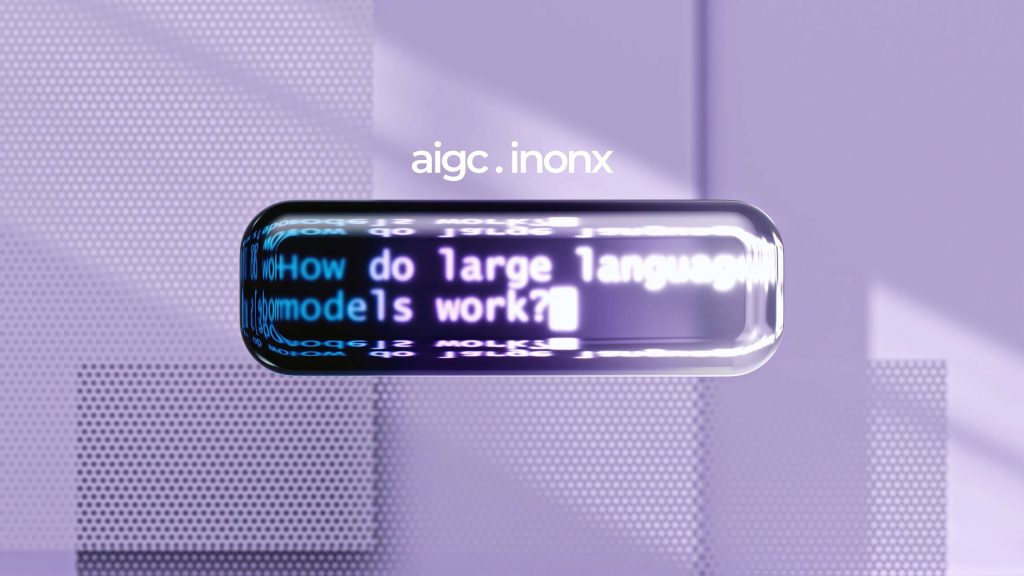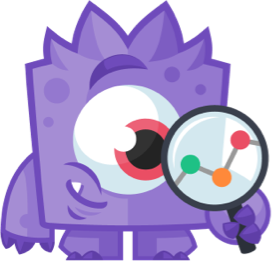In an age where digital threats are becoming more sophisticated, the need for robust security mechanisms is paramount. Enter AI-based Operating System Security (AIOS), a groundbreaking approach that leverages artificial intelligence to safeguard systems against cyber intrusions. This article delves into the latest trends, solutions, and industry applications related to AIOS, with a special focus on its implications for gaming systems and the use of machine vision technology.
.
**Understanding AI-based Operating System Security**
AI-based Operating System Security integrates artificial intelligence algorithms into the core functionalities of operating systems. This integration allows for real-time analysis of user behavior, detecting anomalies and potential threats that conventional security systems might overlook. By utilizing machine learning models, AIOS evolves alongside emerging threats, enhancing its defense mechanisms over time.
.
The concept of AIOS is becoming increasingly relevant due to the exponential rise in cyberattacks. According to a report by Cybersecurity Ventures, cybercrime damages are expected to reach $10.5 trillion annually by 2025. As a response, security solutions need to be proactive rather than reactive. AIOS addresses this challenge effectively by employing predictive analytics to forecast potential risks and mitigate them before they escalate into significant breaches.
.
**Trends and Solutions in AIOS**
Several trends are shaping the future of AI-based Operating System Security. One of the most notable is the integration of machine learning algorithms that allow operating systems to learn from previous data breaches and adapt their strategies to fend off similar threats in the future. This trend reflects a shift from traditional rule-based security mechanisms to advanced predictive systems.
.
Moreover, the emphasis on zero-trust security models is gaining traction. A zero-trust approach assumes that threats may originate both outside and inside the network, advocating for continuous verification of all digital interactions. AIOS solutions leverage machine learning to evaluate user behavior and system access patterns, significantly reducing the risk of insider threats.
.
Another promising trend is the evolution of AIOS in the realm of cloud computing. With businesses increasingly migrating to cloud services, the need for secure operating systems that can dynamically respond to threats is paramount. AI-powered solutions provide enhanced visibility and control over cloud environments, ensuring compliance and security as organizations transition to these platforms.
.
**Machine Vision in AIOS: Enhancing Security Through Visual Intelligence**
Machine Vision is a cutting-edge technology that involves the use of computer algorithms to interpret visual information. In the context of AI-based Operating System Security, machine vision plays a vital role in strengthening security protocols.
.
One primary application of machine vision is in biometric authentication. AIOS systems can utilize facial recognition, fingerprint scanning, and even iris recognition to enhance user verification processes. This level of precision minimizes the risk of unauthorized access, as these biometric markers are unique and difficult to replicate.
.
Additionally, machine vision can enhance anomaly detection within operating systems. By visually monitoring screen activities, the system can identify suspicious behaviors, such as unusual mouse movements or unexpected application launches. These visual cues are processed using machine learning algorithms, which can flag strange activities for further investigation.
.
The convergence of machine vision and AIOS is particularly impactful for industries that deal with sensitive data, such as finance and healthcare. For instance, a healthcare operating system employing AIOS with machine vision capabilities could automatically analyze video feeds from hospital cameras to identify unauthorized personnel accessing patient areas, thereby bolstering security protocols.
.
**AIOS for Gaming Systems: A New Frontier of Application**
The gaming industry is another sector where AI-based Operating System Security is gaining traction. With millions of players worldwide, gaming systems are often target sites for cybercriminals seeking to exploit sensitive user data and in-game purchases. AIOS offers an array of solutions tailored to secure these ecosystems.
.
One significant application of AIOS in gaming is through cheat detection systems. By employing machine learning algorithms, gaming companies can continuously analyze player behaviors to identify potential cheating patterns. This not only enhances fair play but also ensures the integrity of the gaming environment, fostering trust within the player community.
.
Furthermore, AIOS can help secure online transactions within gaming platforms. Cybersecurity breaches during payment processing can result in financial loss for both players and gaming companies. Utilizing AI algorithms, these systems can conduct real-time scrutiny of transactional activities, instantly flagging anomalies such as unusual spending patterns and unauthorized access attempts.
.
A noteworthy case study is Epic Games, the developer behind Fortnite. The company has integrated AIOS to enhance their security framework, incorporating machine learning algorithms that monitor player actions and payments. By leveraging AIOS, Epic Games aims to create a safe gaming environment, promoting player retention and enhancing overall user experience.
.
**Future Prospects of AI-based Operating System Security**
As we look ahead, the potential of AI-based Operating System Security is immense. The continued development of machine learning algorithms will undoubtedly refine the capabilities of AIOS. Furthermore, as digital transformation accelerates globally, the demand for dynamic, intelligent security solutions will likely grow as well.
.
Future trends may also see the increased collaboration between AIOS and other emerging technologies such as blockchain and quantum computing. Blockchain could enhance transparency and data integrity, while quantum computing could revolutionize cryptographic methods used within AIOS, offering unprecedented levels of security.
.
Moreover, the widespread adoption of AIOS will likely prompt regulatory changes in data protection and privacy laws. Policymakers must be proactive in establishing norms that ensure AI-driven security measures align with ethical standards and protect user rights, balancing innovation with responsibility.
.
In conclusion, AI-based Operating System Security represents the next frontier in safeguarding digital assets against evolving threats. By harnessing the power of artificial intelligence and machine vision, AIOS can provide a robust framework for protecting both enterprise and personal systems. As the landscape of cyber threats continues to evolve, the integration of AIOS will be crucial in building a secure digital future, especially in dynamic sectors such as gaming.
.
**References**
1. Cybersecurity Ventures. (2021). Cybercrime to Cost the World $10.5 Trillion Annually by 2025.
2. IBM. (2022). Zero Trust Security: A Guide for Developing a Zero Trust Platform.
3. Forrester Research. (2023). The Future of Security: AI and Machine Learning in Cyber Defense.
4. Epic Games. (2023). Fortnite Developer Implements AI Security Measures for Player Protection.
—
This comprehensive exploration of AI-based Operating System Security should provide insightful information on the burgeoning trends, implications, and applications in the industry. As AI continues to play a pivotal role in cybersecurity, staying informed about these advancements will be essential for organizations looking to protect their digital infrastructure.


























